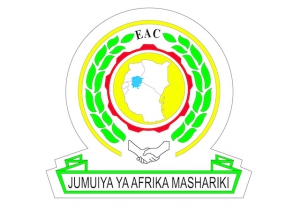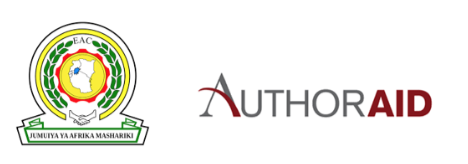Posted in Opportunities
More than 400 people are at present working for the various EAC Organs and Institutions in the 6 Partner States. While recruiting, the EAC seeks to secure the highest standards of efficiency, technical competence, professionalism and integrity.
Continue Reading
Posted in Opportunities
Procurement plays an essential role in enabling the EAC carry out its mandate within the realm of good governance and accountability, borrowing its activities from procurement best practices around the world to establish the most appropriate policies and procedures that meet EAC needs.
This section has been designed to provide useful information to prospective and registered suppliers and contractors on the process followed by the EAC when sourcing for goods, services and works.
The EAC Procurement Unit is responsible for coordinating and overseeing the sourcing, selection, and contract execution for 3 EAC Organs - EALA, EACJ and Secretariat.
Procurement Policies and Procedures
The EAC is committed to transparency at all stages of procurement from the initial decision to buy, through the selection of a supplier, to disposal of assets.
Procurement Principles
Value for Money; Effective competition; Fairness and Integrity; Transparency; Accountability and Interest of EAC and its Stakeholders are key principles all of which must receive due consideration when undertaking a procurement.
Conflict of Interest
The EAC shall ensure that all potential participants in a specific procurement or disposal action do not have any potential or actual conflict of interest.
Criminal activities and sanctions
The EAC shall, whenever it suspects that criminal activities are taking or have taken place, refer the matter to the appropriate civil authorities. These activities include bribery, fraud, coercion and collusion.
Supplier Eligibility
The EAC shall entertain bids from, or award contracts to, suppliers who meet the legal, ethical and quality requirements of the EAC. This will require the ascertainment and confirmation by the EAC of the qualifications of suppliers or contractors at any stage of the procurement proceedings.
Partner-funded Projects
The EAC is authorised by the Financial Rules and Regulations to comply with Development Partner requirements for the conduct of procurements being conducted with Development Partner Funds, including following the procurement procedures of the Development Partner, and obtaining approval of procurement actions in advance from the Development Partner.
Taxes and Duties
EAC has diplomatic status and is not required to pay taxes and duties on its procurements.
Procurement Method
The choice of procurement method is influenced by a number of factors, such as market conditions, complexity of the requirement, monetary value of the procurement, donor conditions and whether goods, works, or services are procured. Location and urgency may also have an effect on the choice of solicitation method, and the procedures applied.
Open and Limited Competition
Open International or open Regional competition shall be the preferred method of competition as it best satisfies the principles of best value for money, transparency and effective competition. If an open international or regional competition cannot be held, a Limited international or regional competition may be carried out. Limited competition shall be for short-listed suppliers selected in a non-discriminatory manner from rosters, pre-qualifications, expressions of interest, market research etc. Regional competition shall be limited to suppliers in the Partner States.
Least Cost Selection (LCS)
Least Cost Selection is the evaluation methodology that recommends the lowest priced bid, which meets all the requirements of EAC both commercial and technical. The lowest priced bid which is eligible, compliant, responsive and meets the minimum qualifying technical mark shall be the best evaluated bid and shall be recommended for award of contract.
View all open Procurement Opportunities
 EAST AFRICAN COMMUNITY SECRETARIAT
EAST AFRICAN COMMUNITY SECRETARIAT 
